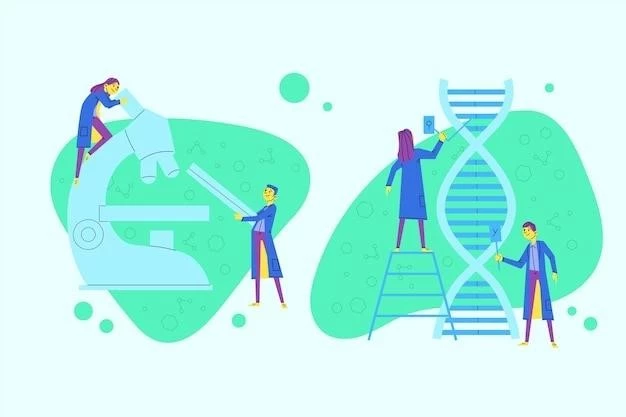The Use of Genetic Engineering: A Personal Perspective
Genetic engineering, the direct manipulation of an organism’s genes, has become a powerful tool in modern science. It holds immense potential for addressing global challenges, from disease eradication to sustainable food production. However, its use also raises ethical and societal questions that require careful consideration. In this article, I will share my personal perspective on the use of genetic engineering, drawing from my own experiences and observations.
My Personal Journey with Genetic Engineering
My journey with genetic engineering began during my undergraduate studies in biology. I was fascinated by the intricate workings of DNA and the possibility of altering it to create new solutions. I remember vividly the excitement I felt when I first learned about CRISPR-Cas9, a revolutionary gene-editing tool that allowed for precise modifications to the genome.
During my research, I worked on a project involving genetically modified bacteria to produce biofuels. We engineered the bacteria to produce ethanol from agricultural waste, a more sustainable and environmentally friendly approach to energy production. The experience was both challenging and rewarding, as we faced technical hurdles while pushing the boundaries of genetic engineering.

The Potential Benefits of Genetic Engineering
The potential benefits of genetic engineering are vast and far-reaching. Here are a few examples:
- Disease Prevention and Treatment: Genetic engineering can be used to develop new gene therapies for inherited diseases, such as cystic fibrosis and sickle cell anemia. It can also be used to create vaccines that are more effective and longer-lasting.
- Improved Food Production: Genetic engineering can be used to develop crops that are more resistant to pests and diseases, require less water, and produce higher yields. This can help address food security issues and reduce the environmental impact of agriculture.
- Environmental Remediation: Genetic engineering can be used to create organisms that can clean up pollution or remove harmful substances from the environment. For example, genetically modified bacteria can be used to break down oil spills or remove heavy metals from soil.

The Ethical and Societal Implications
While the potential benefits of genetic engineering are significant, it is crucial to address the ethical and societal implications. Here are some key concerns:
- Unintended Consequences: Genetic engineering can have unintended consequences, as the complex interactions within a living organism are not fully understood. For example, modifying one gene could have unforeseen effects on other genes or traits.
- Equity and Access: The benefits of genetic engineering may not be equally available to all, raising concerns about equity and access. For example, gene therapies could be prohibitively expensive for many people.
- Bioethics: Genetic engineering raises fundamental questions about human nature and our responsibility to future generations. For example, should we use gene editing to enhance human traits or to cure diseases?
A Balanced Approach
In my view, a balanced approach is necessary to navigate the ethical and societal challenges of genetic engineering. We need to proceed with caution, ensuring that research is conducted responsibly and that the potential risks are carefully considered. We also need to engage in open and transparent dialogue with the public to foster understanding and address concerns.
Conclusion
Genetic engineering is a powerful tool with the potential to revolutionize medicine, agriculture, and the environment. However, its use also raises important ethical and societal questions that require careful consideration. By taking a balanced approach and fostering open dialogue, we can harness the benefits of genetic engineering while mitigating the risks. As I continue my work in this field, I remain committed to responsible innovation and to ensuring that the benefits of genetic engineering are shared by all.










